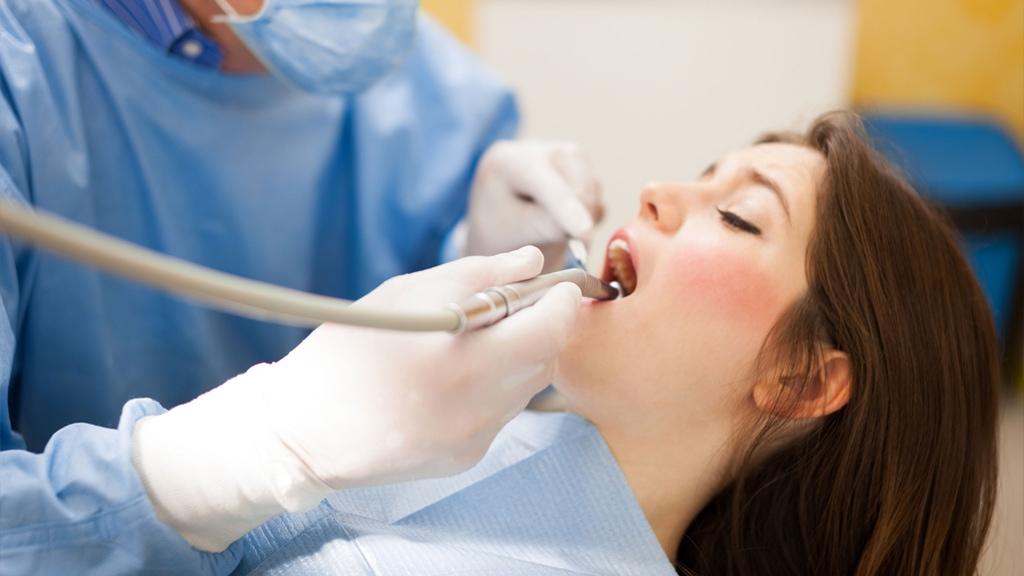For many people, the thought of visiting the dentist can evoke feelings of anxiety and fear. This can lead to delayed treatments and worsening dental issues. Fortunately, sleep dentistry offers a solution that allows patients to undergo dental procedures in a calm, relaxed state. In Sydney, sleep dentistry is becoming increasingly popular as more people seek out stress-free dental care. This article will explore what sleep dentistry Sydney is, the benefits it offers, and how it can make your next dental visit in Sydney a more comfortable experience.
What is Sleep Dentistry?
Sleep dentistry, also known as sedation dentistry, involves the use of sedatives to help patients relax during dental procedures. While the term "sleep dentistry" suggests that patients are asleep, most are actually in a deeply relaxed state, but still conscious and able to respond to instructions. The level of sedation can vary depending on the procedure and the patient's level of anxiety.
There are three main types of sedation used in sleep dentistry:
- Minimal Sedation: The patient is awake but relaxed. This can be achieved with nitrous oxide (laughing gas), which is inhaled through a mask during the procedure.
- Moderate Sedation: Also known as conscious sedation, this level of sedation may involve the use of oral sedatives or intravenous (IV) sedation. Patients may feel drowsy and might not remember much of the procedure.
- Deep Sedation: Patients are on the edge of consciousness and may not be easily awakened until the effects of the sedative wear off. This is often used for more complex or lengthy procedures.
Benefits of Sleep Dentistry
- Reduced Anxiety: For patients with dental phobia, sleep dentistry can significantly reduce anxiety, making it easier to undergo necessary treatments.
- Comfort During Procedures: Sedation helps to minimize discomfort, allowing patients to feel more comfortable during treatments, especially for those with sensitive teeth or a low pain threshold.
- Time Efficiency: With sedation, dentists can often perform multiple procedures in a single visit, as patients are more relaxed and able to tolerate longer sessions.
- Fewer Memories of the Procedure: Many patients appreciate that they remember little to nothing about the procedure, reducing the stress associated with future dental visits.
- Suitable for Special Needs: Sleep dentistry can be particularly beneficial for patients with special needs or those who have difficulty sitting still for extended periods.
Who Can Benefit from Sleep Dentistry?
Sleep dentistry is suitable for a wide range of patients, including:
- Those with Dental Anxiety or Phobia: If the thought of visiting the dentist fills you with dread, sedation can help you feel more at ease.
- Patients Requiring Complex Procedures: For lengthy or complicated treatments, sleep dentistry allows you to remain comfortable throughout the procedure.
- Individuals with a Strong Gag Reflex: Sedation can help suppress the gag reflex, making it easier for the dentist to work.
- Patients with Low Pain Tolerance: If you're particularly sensitive to pain, sedation can make dental treatments more manageable.
- Children or Patients with Special Needs: Sedation can help ensure that children or patients with special needs receive the dental care they require without undue stress.
Sleep Dentistry in Sydney: What to Expect
- Consultation: The process begins with a consultation with a qualified sleep dentist in Sydney. During this visit, your medical history, anxiety levels, and the nature of the dental procedure will be discussed to determine the appropriate level of sedation.
- Preparation: Depending on the type of sedation, you may be advised to avoid eating or drinking for a certain period before your appointment. Your dentist will provide specific instructions tailored to your needs.
- Administration of Sedation: On the day of the procedure, the sedative will be administered according to the agreed plan. This could be through inhalation, oral medication, or an IV.
- Procedure: While you’re under sedation, your dentist will perform the necessary dental work. You will be closely monitored to ensure your safety and comfort throughout the procedure.
- Recovery: After the procedure, you’ll spend some time recovering from the effects of the sedative. It's important to arrange for someone to drive you home, as you may feel drowsy for several hours afterward.

